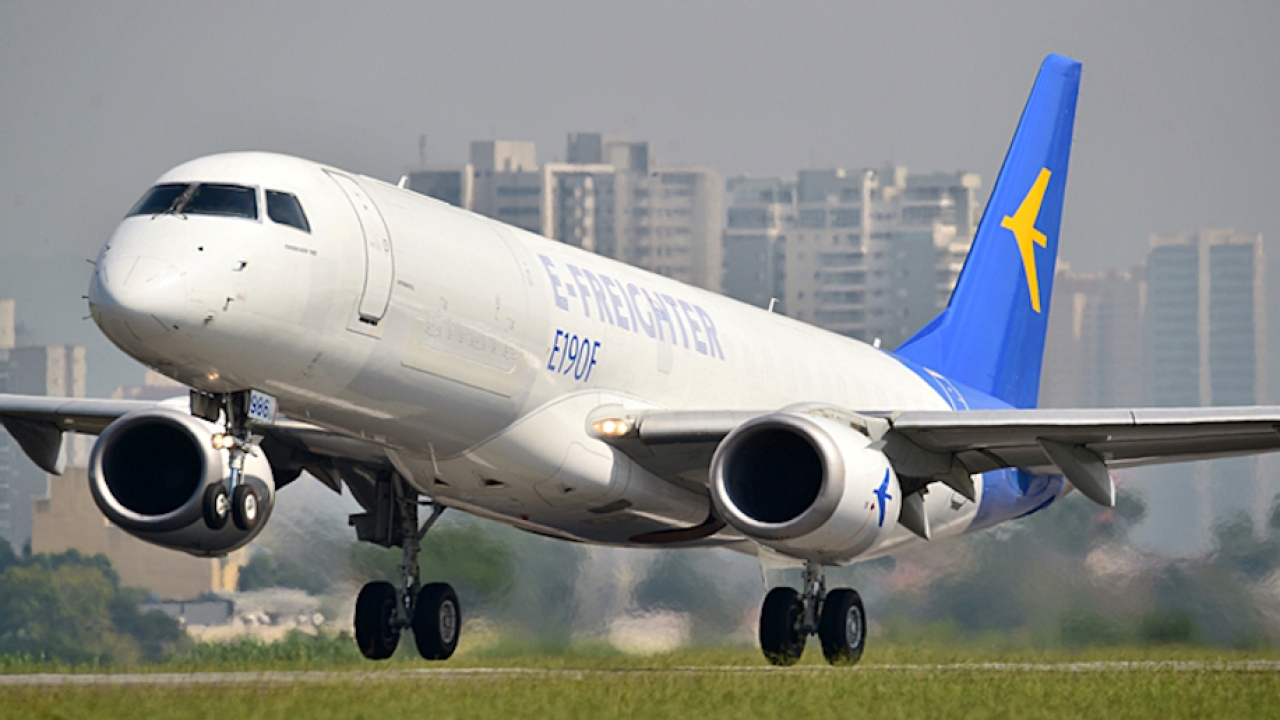IATA: Covid-19 is threatening some 4.8 million aviation jobs

Domestic travel is picking up in some markets, but this is not enough to sustain the industry,” said Alexander de Junaic, CEO of IATA. Image: IATA
De Juniac said: “As the COVID-19 pandemic continues to devastate the aviation industry. International traffic has all but disappeared—we are carrying only about 10% of normal levels. Domestic travel is picking up in some markets, but this is not enough to sustain the industry.
The crisis is threatening some 4.8 million aviation jobs. The rupture in global air connectivity puts at risk a further 41.2 million jobs across the travel and tourism sector. And that is not even counting the impact on trade and other cross border businesses that cannot function normally without the connectivity provided by aviation.
The World Health Organization (WHO) has recognised the broad and severe impact of keeping borders closed. “Economies have to open up, people have to work and trade has to resume.” Those were the words of Mike Ryan, who heads the WHO Emergencies programme.
Testing
The aviation industry does not have the magic solution to cure COVID-19.
But measures based on global standards are in place throughout the travel process to keep travelers safe.
Importantly, recent research supports that view that the risk of catching COVID-19 on board is low. That is because of design features around airflow, HEPA filtration and high fresh-air exchange rates combined with mask-wearing .
And, we have a solution to open borders while mitigating the risk of importing COVID-19 through air travel. That is universal testing.
There is testing technology that aligns with our requirements for speed, accuracy, affordability, scalability and ease of use in the travel process. And we are seeing momentum towards implementation.
More airlines are introducing testing as a service for their customers to satisfy specific entry requirements or to avoid quarantine.
Some airlines are running trials to collect data on the efficiency of testing.
Some airports have also introduced testing programs.
There are advanced proposals to open the New York – London route with pre-departure testing of all passengers.
And the European Union is looking at proposals for testing at various risk levels to open Europe’s internal borders to travel.
These initiatives are providing valuable experience in the use of testing to travel safely and prevent the importation of COVID-19. The next step is agreement among governments on the standards needed for them to open their borders with testing as a replacement for quarantine measures. So, after the successful implementation of the ICAO CART guidance for safe operations amid COVID-19, we are encouraging CART to urgently find agreement among governments on a way forward for testing.
Support
In the meantime, we cannot ignore the industry’s continuing financial trauma. Many governments have done a good job in financially supporting aviation jobs. Where this has not happened—in Latin America for example—we see bankruptcies.
Most government aid packages were put together assuming that the industry would be in recovery by now. The recovery has not happened. And airlines will struggle to make it through the normally weak northern hemisphere winter season. So we have renewed our call for financial support. And it is urgent.
As we said last week, airlines continue to burn through cash and that is expected to persist into next year. Without a second tranche of financial aid, many airlines will not make it through the winter. Ramping up the industry when the recovery happens will be challenging enough. If airlines need to be resurrected from bankruptcy, the pain of the economic recovery will be extended with severe consequences for employment in the sector and beyond.
Stay up to date
Subscribe to the free Times Aerospace newsletter and receive the latest content every week. We'll never share your email address.

